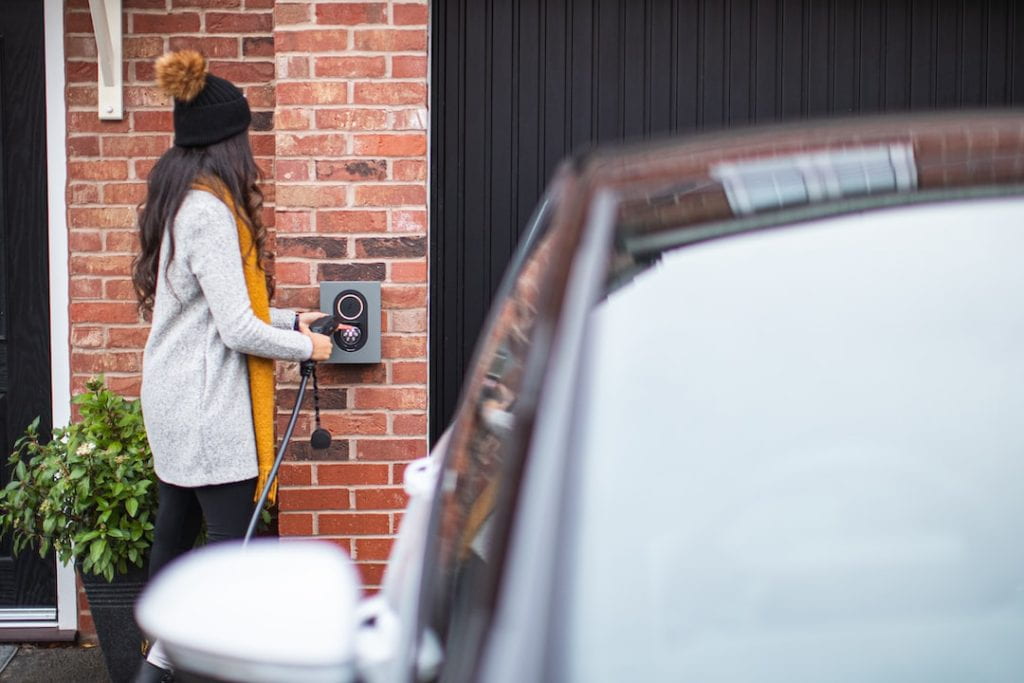
With the rise in popularity of electric vehicles (EVs), the demand for reliable and efficient charging solutions has also increased. Installing an electric vehicle charger at your home or workplace is a convenient way to ensure that you always have a fully charged battery. However, there are a few things you need to know before getting started with the installation process.
- Determine the type of charger: Before installing an electric vehicle charger, you need to decide which type of charger will best suit your needs. There are three common types: Level 1, Level 2, and DC fast chargers. Level 1 chargers use a standard 120-volt outlet and are the slowest option. Level 2 chargers require a 240-volt outlet and offer faster charging speeds. DC fast chargers are ideal for public charging stations and can charge your EV up to 80% in just 30 minutes.
- Check the electrical capacity: Installing an electric vehicle charger requires a dedicated circuit. Before proceeding, it is essential to assess your electrical panel’s capacity to ensure it can handle the load. Level 1 chargers typically use 8-12 amps, while Level 2 chargers can range from 16-80 amps. It is recommended to consult with an electric vehicle charging station installers to determine whether your electrical system can support the charger’s requirements.
- Hire a professional electrician: While it may be tempting to save money by installing the charger yourself, it is highly recommended to hire a professional electrician. The ev charger installation companies have the knowledge and experience to ensure that the charger is installed correctly and safely. Moreover, some electric vehicle manufacturers require professional installation to maintain warranty coverage.
- Obtain permits and inspections: Depending on your location, you may need to obtain permits and schedule inspections before installing an electric vehicle charger. It is essential to check with your local building department to ensure compliance with all regulations. This step not only guarantees the safety of the installation but also protects you from potential liability issues in the future.
In conclusion, installing an electric vehicle charger requires careful consideration and planning. By determining the right charger type, assessing your electrical capacity, hiring a professional electrician, and obtaining the necessary permits, you can have an efficient and safe charging solution for your electric vehicle. Embrace the convenience of EV charging and contribute to a greener future! Check out this related post to get more enlightened on the topic: https://en.wikipedia.org/wiki/Electric_car_charging_methods.